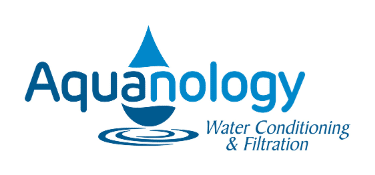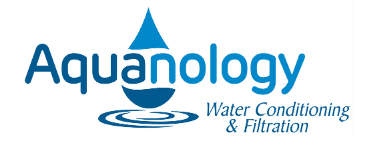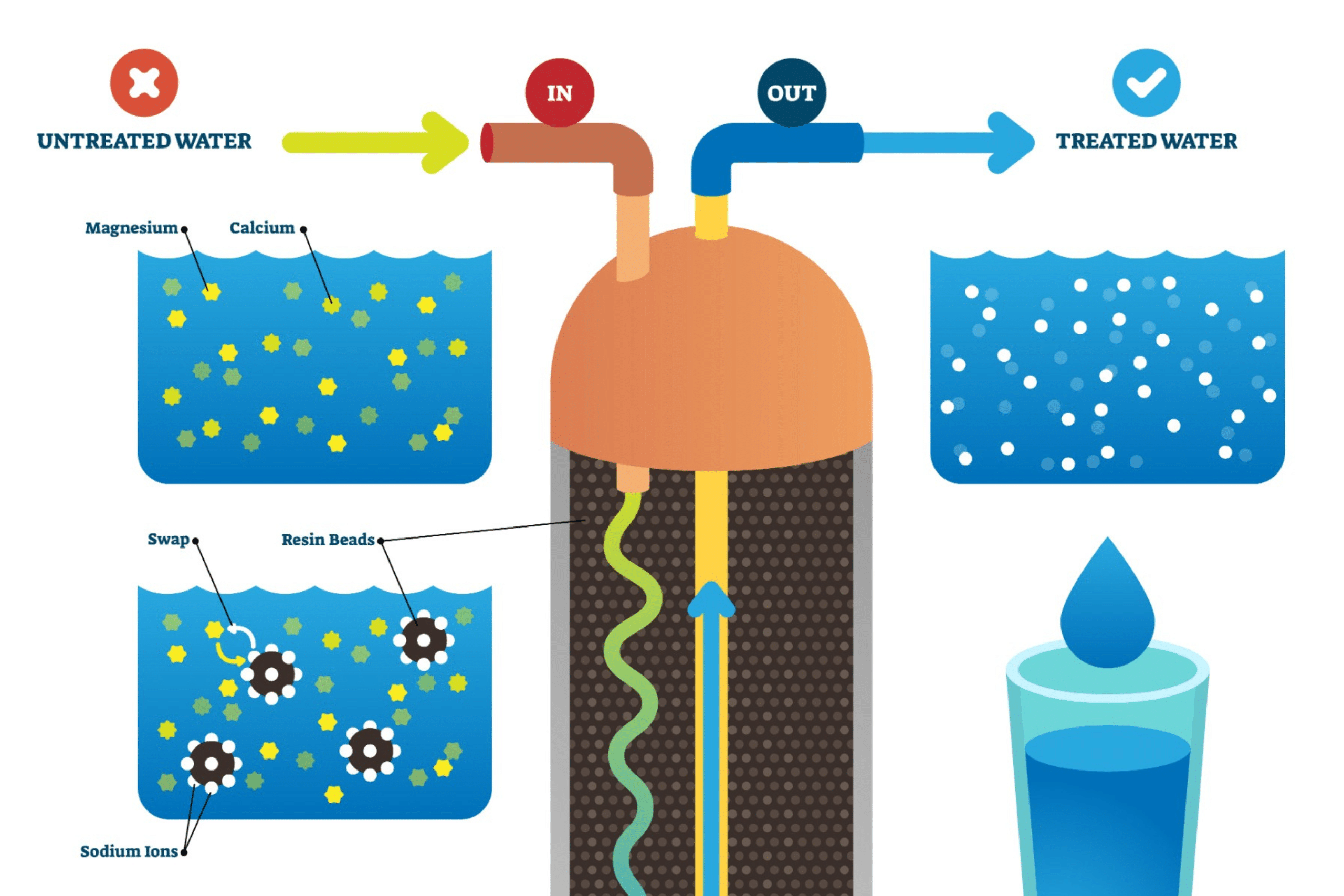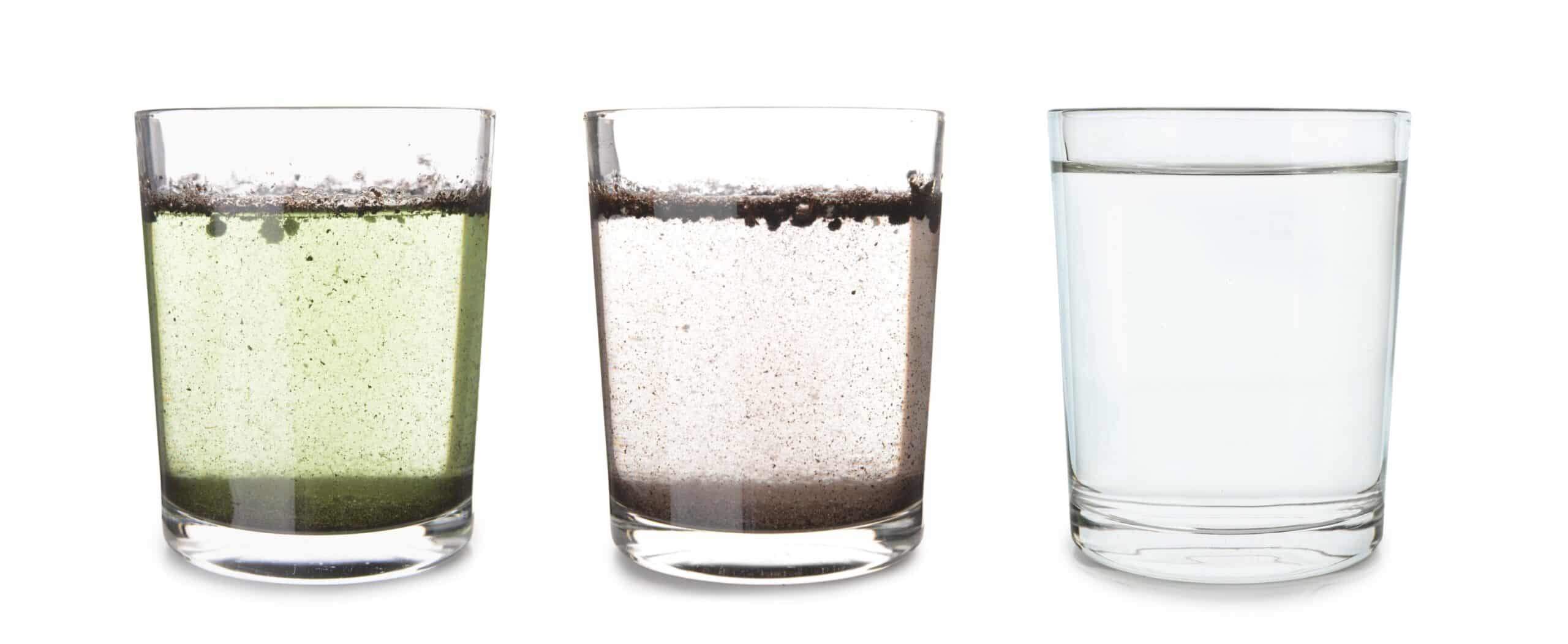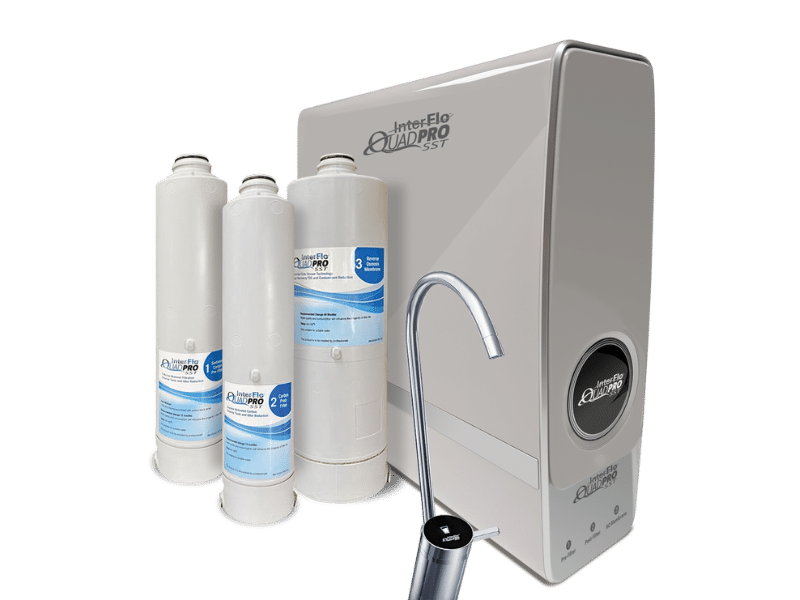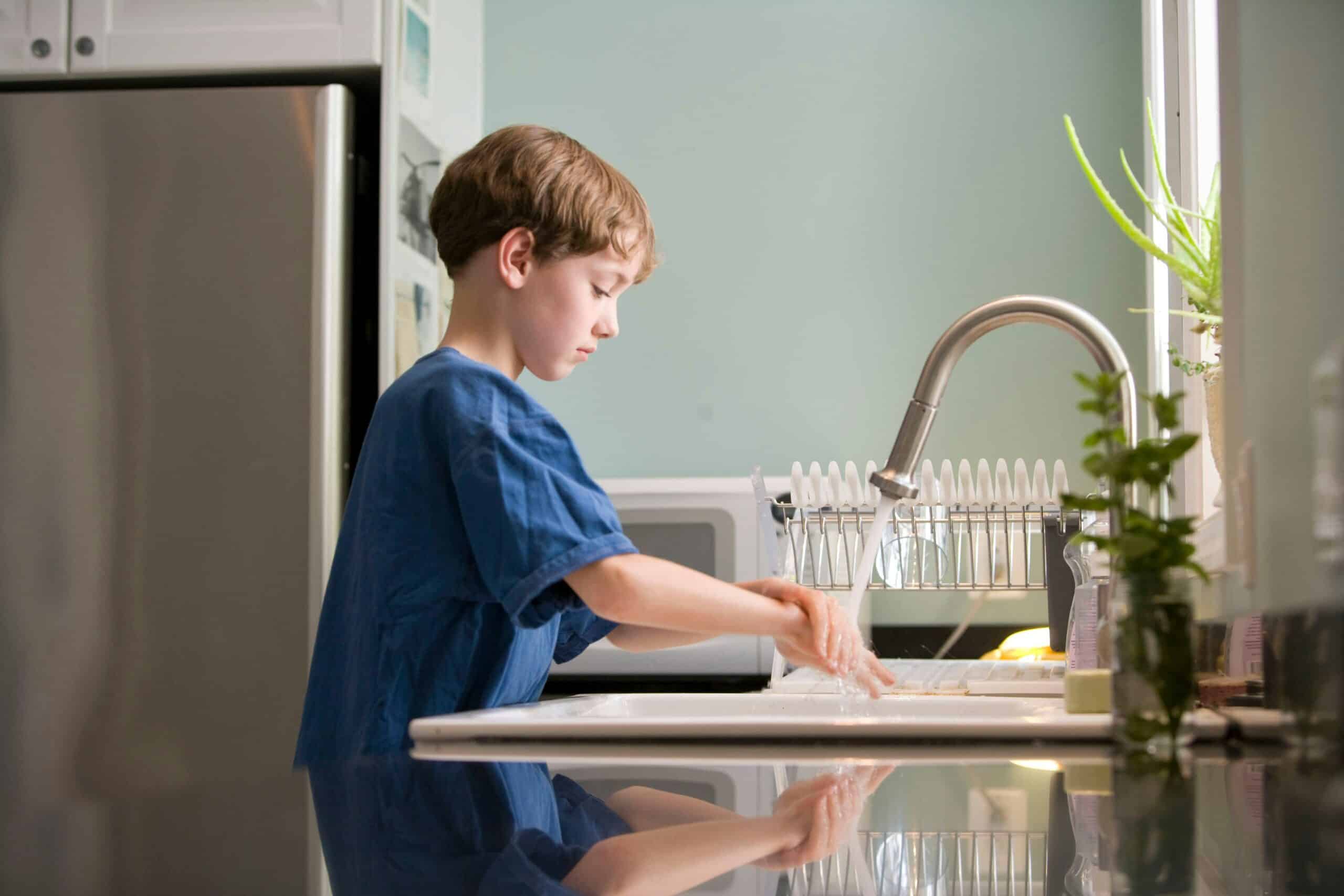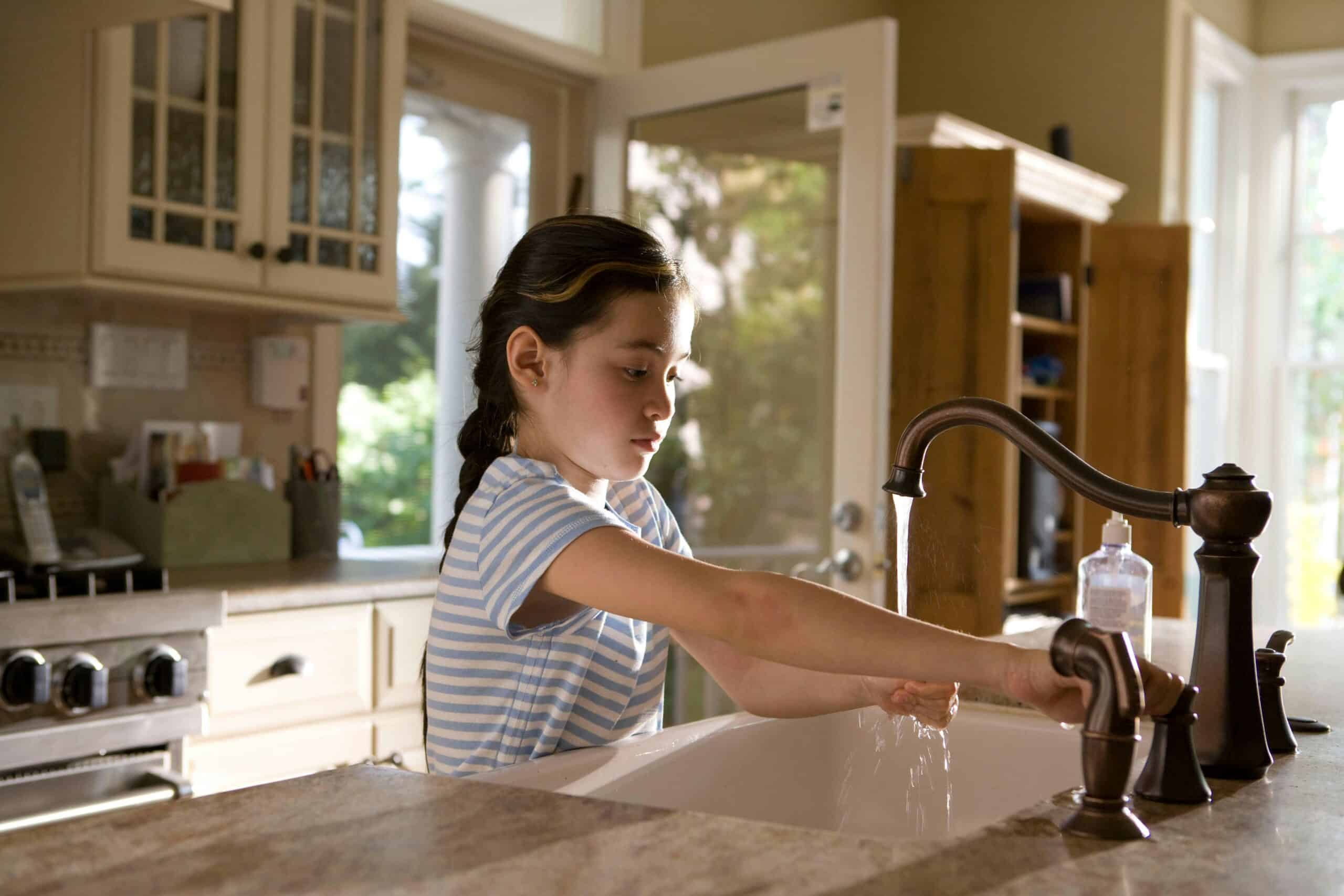Hard water got you down? Water softeners work to remove minerals that cause plumbing problems, soap scum, and stains. They are a great way to upgrade your home and improve your quality of life.
The Importance of Water Softeners
Hard water can be a silent antagonist in your home, causing various issues that impact your daily life. From clogged pipes and reduced appliance lifespan to soap scum and stained laundry, the effects of hard water are far-reaching.
Water softeners are a vital solution to these problems, enhancing your home’s water quality and overall comfort.
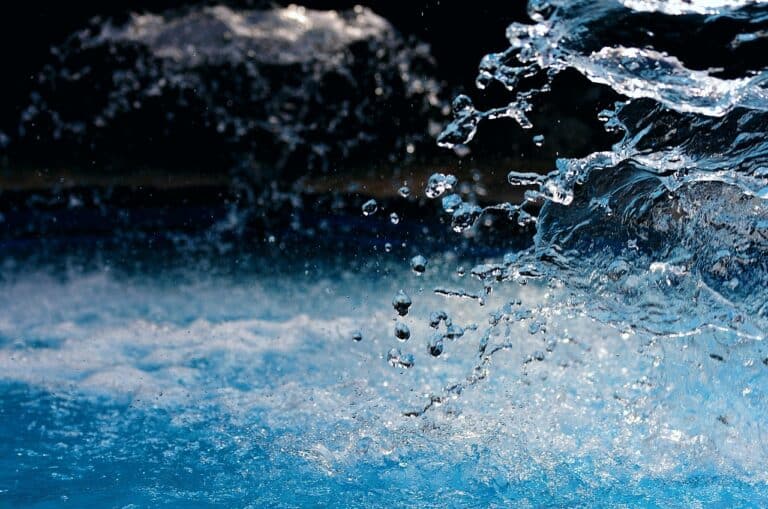
Our Solution
At Aquanology, we are dedicated to providing top-notch water treatment solutions. With years of expertise, we ensure that your family enjoys the highest quality water.
Our advanced water softeners are designed to tackle hard water issues efficiently, offering you peace of mind and a healthier home environment.
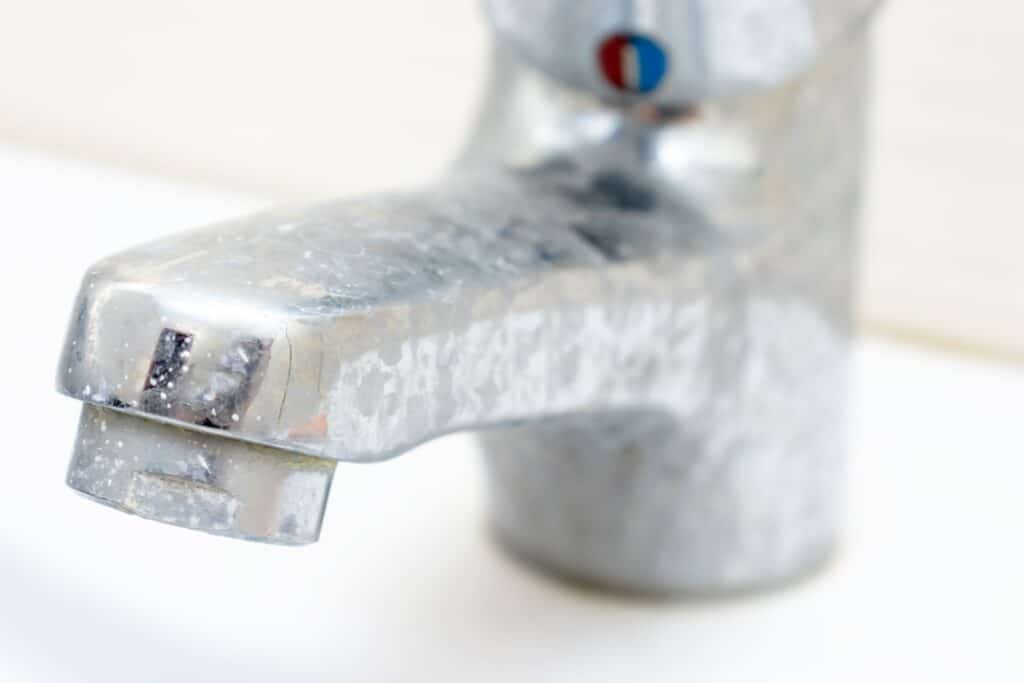
What is Hard Water?
Hard water contains high levels of dissolved minerals, primarily calcium and magnesium. These minerals can cause significant problems, such as:
- Scaling on fixtures and appliances
- Reduced efficiency and lifespan of water heaters
- Streaks and spots on dishes and glassware
- Dry skin and dull hair
Minerals Causing Water Hardness
Calcium and magnesium are the main culprits behind water hardness. While these minerals are not unhealthy for consumption, their presence in water can lead to the problems mentioned above.
A water softener helps to mitigate these issues by removing these minerals from your water supply.
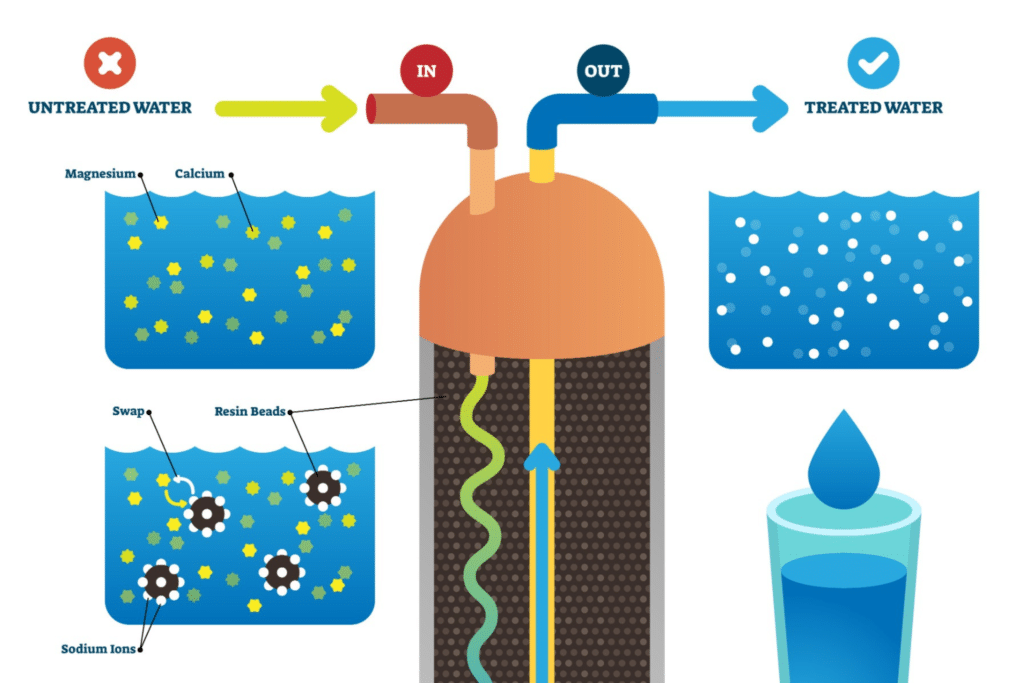
How Does a Water Softener Work?
Ion Exchange Process
Water softeners use an ion exchange process to remove calcium and magnesium ions from the water, replacing them with sodium or potassium ions. This process effectively reduces the hardness of the water, preventing scale buildup and other related issues.
Ion Exchange Resin
The heart of a water softener is the ion exchange resin. This resin is made up of tiny beads that attract and hold onto hard water minerals. As water flows through the resin, the calcium and magnesium ions are exchanged for sodium or potassium ions, softening the water.
Step-by-Step Breakdown
- Hard Water Enters: Hard water flows into the water softener from the main water supply.
- Ion Exchange: As water passes through the resin bed, calcium and magnesium ions are replaced with sodium or potassium ions.
- Soft Water Exits: The softened water exits the system and is distributed throughout your home.
Regeneration Cycles
Regeneration is a crucial part of the water-softening process. Over time, the resin becomes saturated with calcium and magnesium ions.
During regeneration, a brine solution flushes the resin bed, removing these ions and recharging the resin with sodium or potassium ions. This cycle ensures the system continues to provide soft water effectively.
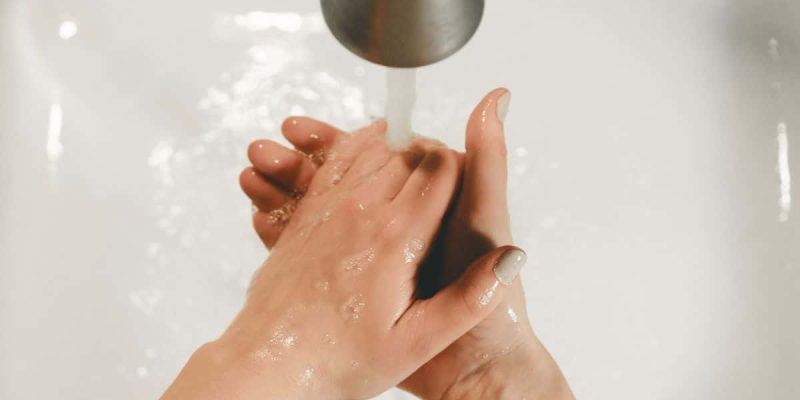
Benefits of Using a Water Softener
Improved Water Quality
Soft water enhances the effectiveness of soaps and detergents, resulting in cleaner dishes, softer laundry, and more efficient household cleaning.
Extended Appliance Lifespan
By preventing scale buildup, water softeners help extend the life of your water heaters, dishwashers, washing machines, and other appliances.
Health Benefits
Soft water is gentler on your skin and hair, reducing dryness and irritation. By keeping your skin healthier, it can save you money by allowing you to depend less on skin lotions.
Environmental Impact
Using a water softener reduces the need for harsh cleaning chemicals and minimizes the environmental impact of mineral buildup and scaling.
Water Softener Solutions at Aquanology
Products
Aquanology offers a range of water softeners designed to meet various household needs. Our products are engineered for efficiency, reliability, and ease of use.
Comparison of Models
We provide detailed comparisons of our different water softener models, highlighting their unique features and benefits. Whether you need a compact system for a small household or a high-capacity unit for larger families, we have options to fit your requirements.
Customization Options
Our water softeners come with customization options to suit specific needs and budgets. From advanced digital controls to eco-friendly regeneration systems, we ensure you get the best solution for your home.
Maintenance Tips for Water Softeners
Regular Maintenance
Regular maintenance is essential to keep your water softener running smoothly. This includes checking the system periodically and addressing any issues promptly.
Cleaning and Sanitizing
It’s important to clean and sanitize your water softener to prevent bacterial growth and maintain water quality. Follow the manufacturer’s instructions for the best results.
Monitoring Salt Levels
Keep an eye on the salt levels in your brine tank and replenish as needed. Proper salt levels are crucial for effective regeneration cycles and optimal performance.
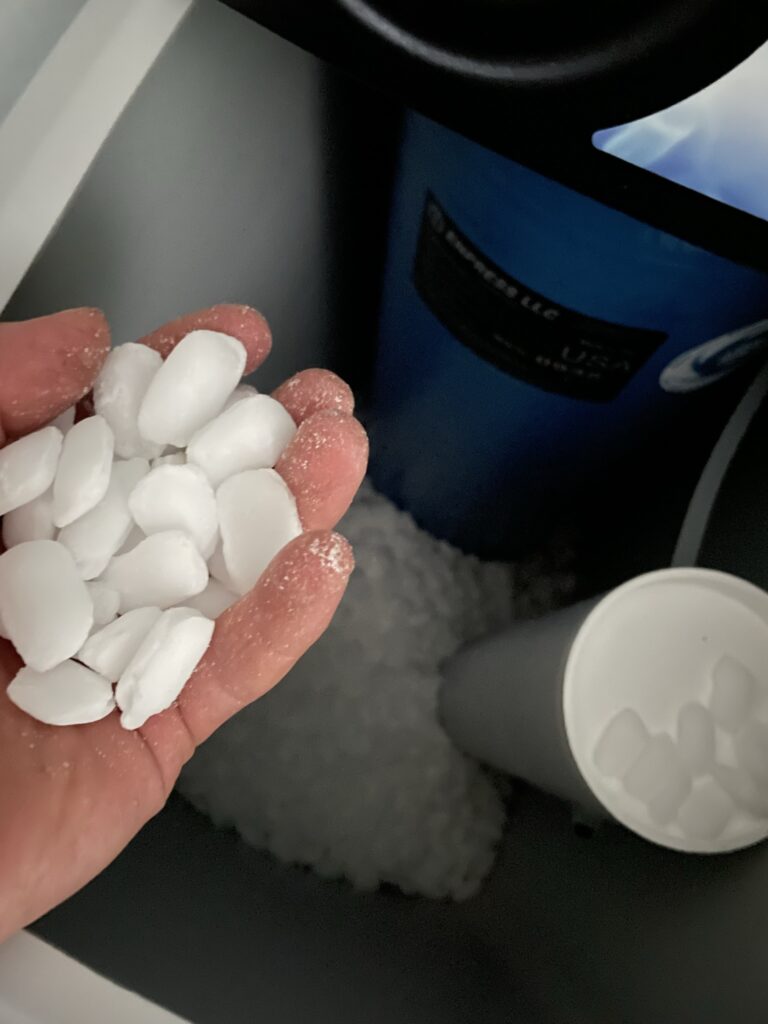
Explore Aquanology’s Solutions
Using a water softener provides numerous benefits including improved water quality, longer-lasting appliances, healthier skin and hair, and a reduced environmental footprint.
At Aquanology, we are committed to providing exceptional water treatment solutions tailored to your needs.
Contact us today to learn more about our water softeners and how we can help you achieve the highest quality water for your home. Our friendly and knowledgeable team is here to assist you with personalized recommendations and expert advice.
